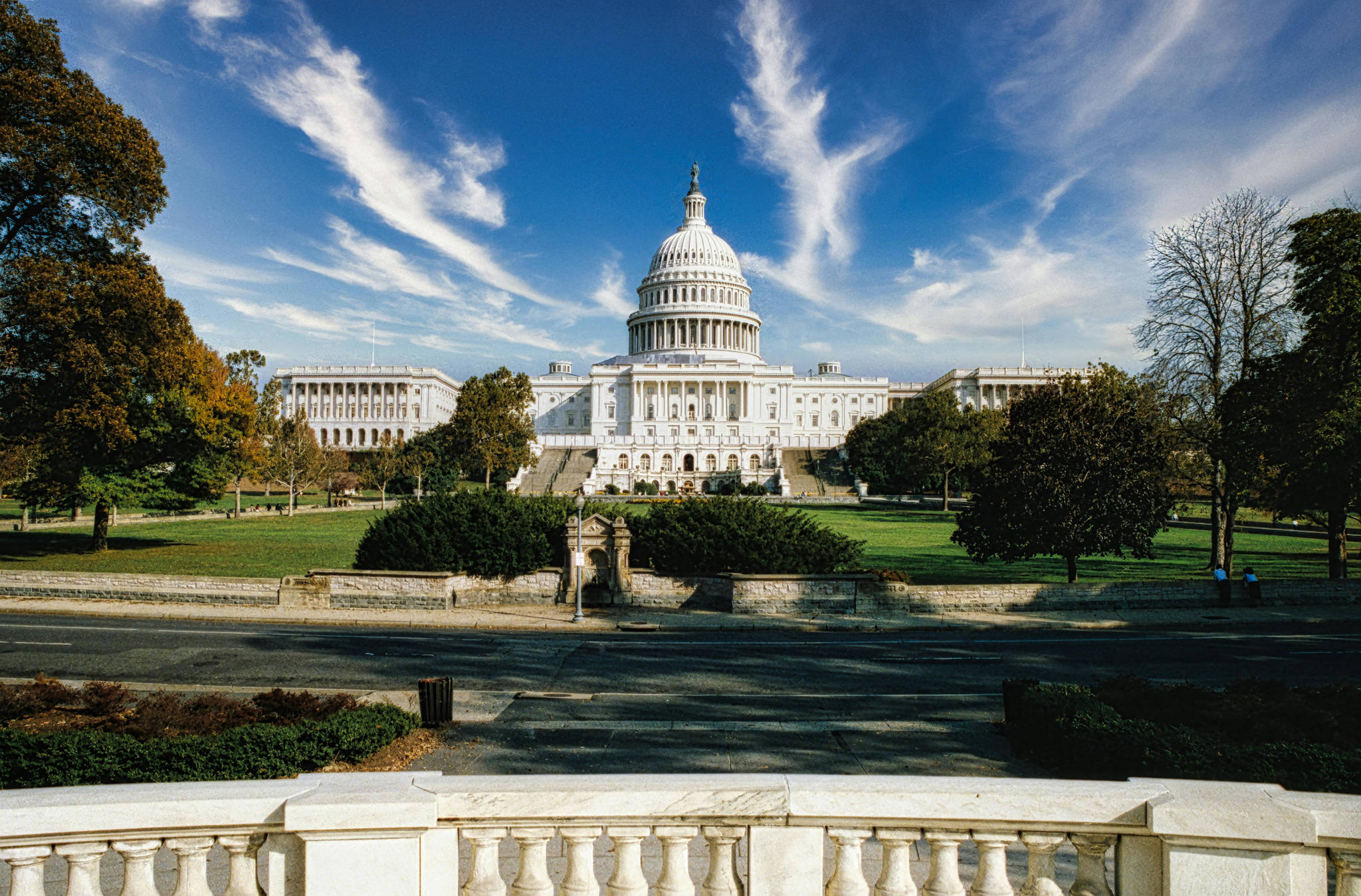January 27, 2025
Majority Members
Senator Mike Crapo (S-ID), Chairman
Senator Charles Grassley (R-IA)
Senator John Cornyn (R-TX)
Senator John Thune (R-SD)
Senator Tim Scott (R-SC)
Senator Bill Cassidy (R-LA)
Senator James Lankford (R-OK)
Senator Steve Daines (R-MT)
Senator Todd Young (R-IN)
Senator John Barrasso (R-WY)
Senator Ron Johnson (R-WI)
Senator Tom Tillis (R-NC)
Senator Marsha Blackburn (R-TN)
Senator Roger Marshall (R-KS)
Minority Members
Senator Ron Wyden (D-OR), Ranking Member
Senator Maria Cantwell (D-WA)
Senator Michael Bennet (D-CO)
Senator Mark Warner (D-VA)
Senator Sheldon Whitehouse (D-RI)
Senator Maggie Hassan (D-NH)
Senator Catherine Cortez Masto (D-NV)
Senator Elizabeth Warren (D-MA)
Senator Bernie Sanders (D-VT)
Senator Tina Smith (D-MN)
Senator Ben Luján (D-NM)
Senator Raphael Warnock (D-GA)
Senator Peter Welch (D-VT)
We write to you on behalf of the scientific community to raise serious concerns about Robert F. Kennedy, Jr., nominee for the Secretary of Health and Human Services. We represent the Coalition for Life Sciences, an alliance of scientists and scientific organizations focused since 1990 on (1) promoting policies and practices that foster innovative, impactful research and training in the life sciences, and (2) ensuring that public policy is informed by sound scientific evidence.
The leader of the Department of Health and Human Services needs to make evidence-based decisions supported by validated scientific data. Adherence to such data-driven policymaking has made America the gold standard for biomedical discovery and public health policy.
Mr. Kennedy has repeatedly demonstrated that he does not use scientific evidence in developing his positions and, in fact, often denies substantial bodies of scientific research to sow doubt over health interventions long established to be safe and effective. Some of these positions have already cost lives by influencing individual behavior. Providing him with a platform to embed them in US policy would have sweeping consequences, putting potentially millions of American lives at risk.
The United States is the global leader in biomedical research, which has improved health on many fronts and generated a biotechnology industry that contributes nearly $100 billion each year1 to our economic and national security. One of the great successes of biomedical research is management of infectious diseases. In the 20th century, widespread vaccination removed infectious disease from the leading cause of death in the United States for nearly all age groups. This safe prevention strategy has saved millions of lives and trillion of dollars in the U.S. economy. Changing vaccine policy or even voicing counter-factual statements about vaccine safety will lower vaccination rates and lead to the widespread reemergence of deadly diseases like measles, typhoid, and tuberculosis and hasten the next global pandemic.
We recommend you ask the following questions at Mr. Kennedy’s confirmation hearing.
- The Finance Committee’s responsibilities include oversight of Medicare.
- Do you support flu vaccination for older adults?
- Estimates of economic costs are >$85 billion each year, of which two-thirds are attributable to adults over 65 and ~90% of annual deaths from influenza are in people older than 65.2
- Do you support RSV vaccination for older adults?
- A recent study found that prior to availability of the RSV vaccine, there were 4 million RSV cases in adults over 60 years of age and an economic burden of $6.6 billion each year.3
- Can you provide rough comparisons of RSV vs. influenza virus in terms of symptomatic disease, hospitalizations, and deaths among adults over 65?
- Do you support flu vaccination for older adults?
- If the emerging avian influenza virus mutates to become transmissible between people, it is likely to hit seniors the hardest. What will you do as HHS Secretary to prepare for such a threat?
- Will you support the development of a vaccine?
- Will you promote the use of effective public health interventions?
- Life-saving drugs have transformed AIDS from a death sentence to a manageable chronic disease, with some people living with the disease well into their 80’s. Medicare is now the second largest federal funder of HIV care and that support will rise as more HIV-positive Americans age into Medicare4. In your recent book, you say AIDS isn’t caused by HIV but rather is a “medical conspiracy.”5
- Will you reduce or restrict HIV-positive Medicare beneficiaries from receiving antiretroviral therapies?
- As Secretary of HHS you will have responsibility for oversight of several health agencies, including the NIH, CDC, and FDA, that are highly regarded sources of information throughout the world. You have been very critical of these agencies. At a recent roundtable, you said that corruption and conflicts of interest at the US regulatory agencies have transformed them into “predators against the American people and especially our children.”6
- Can you provide any evidence to support these disparaging comments?
- What are your plans for those agencies: budget reductions, staff reductions, changes in mission, etc.?
- Health is a global endeavor, especially when dealing with infectious diseases, and the World Health Organization facilitates cooperation among many countries. President Trump has withdrawn the US from the WHO.
- What do you see as the implications of this move for the health of Americans?
- How will you, as HHS Secretary, monitor infectious disease trends across our borders in the absence of WHO data and information?
- You have been quoted as saying that the NIH should stop research on infectious diseases for 8 years7 to focus on chronic, non-communicable diseases.
- What are the potential costs to stopping research into infectious pathogens when they continue to evolve, when so many health costs are due to infections, when new causes of infectious disease are appearing and expanding their scope?
- Without research, how will you defend Americans from the increasing threat from the novel avian influenza virus? What are the potential costs if that virus mutates to become transmissible between people?
- Can you provide a summary of NIH’s investment in infectious disease research versus chronic disease (cardiovascular, metabolic, neuropsychiatric and other disorders)?
- You are widely identified with promoting the debunked claim that vaccines cause autism.
- What would it take to convince you of the published conclusions of 5 randomized controlled trials, 1 controlled clinical trial, 27 cohort studies, 17 case-control studies, 5 time-series trials, 1 case cross-over trial, 2 ecological studies, and 6 self-controlled case series studies involving 14.7 million –children –– all8 of which have demonstrated that there is no link between vaccines and autism?
- What are the likely consequences and costs of reducing the number of people who receive the following vaccines: (MMR for measles, mumps, and rubella; polio; human papilloma virus; hepatitis B virus; etc.)
- Many have noted that your efforts to reduce the deployment of measles vaccine in Samoa six years ago led to over 80 childhood deaths from measles. How did that experience affect your views about vaccination?
- You have been critical of the vaccine approval process. Who should be in charge of the design of clinical trials for vaccines during your tenure at DHHS? Who should judge whether they can be used? and how they should be used?
- In the past, you have suggested that raw milk is a health food.9 In fact, pasteurization has saved millions of lives and prevented illnesses such as scarlet fever and tuberculosis. A very immediate threat of drinking unpasteurized milk is the presence of the new avian influenza virus. The more people infected with this flu virus, the greater the chance it will mutate into a strain that could cause a pandemic.
- Can you provide well-established scientific evidence of the health benefits of unpasteurized milk?
- What would be the costs associated with raw milk if the avian influenza virus becomes transmissible among people?
Sincerely,
Keith R. Yamamoto, Ph.D., University of California, San Francisco, Special Advisor to the Chancellor for Science Policy and Strategy; co-chair, Coalition for Life Sciences
Jo Handelsman, Ph.D., University of Wisconsin-Madison, Director, Wisconsin Institute for Discovery; co-chair, Coalition for Life Sciences
Harold E. Varmus, M.D., Nobel Laureate, Professor of Medicine at Weill Cornell Medicine and former Director of NIH and NCI; former chair, Coalition for Life Sciences
1 https://www.nih.gov/about-nih/what-we-do/impact-nih-research/serving-society/direct-economic-contributions
2 https://pmc.ncbi.nlm.nih.gov/articles/PMC3771651/
3 https://pmc.ncbi.nlm.nih.gov/articles/PMC11326840/
4 https://www.kff.org/hivaids/issue-brief/medicare-and-people-with-hiv/
5 https://www.nytimes.com/article/rfk-conspiracy-theories-fact-check.html
6 https://www.youtube.com/watch?v=2iWE465RCOk&t=436s minute 16:30
7 https://www.nbcnews.com/politics/politics-news/rfk-jr-comes-home-anti-vaccine-group-commits-break-us-infectious-disearcna123551
8 Vaccines for Measles, Mumps and Rubella in Children. Demicheli V et al. Cochrane Database Syst Rev. 2012 Feb 15.
9 https://www.washingtonpost.com/wellness/2024/11/21/rfk-jr-raw-milk-difference-taste/










